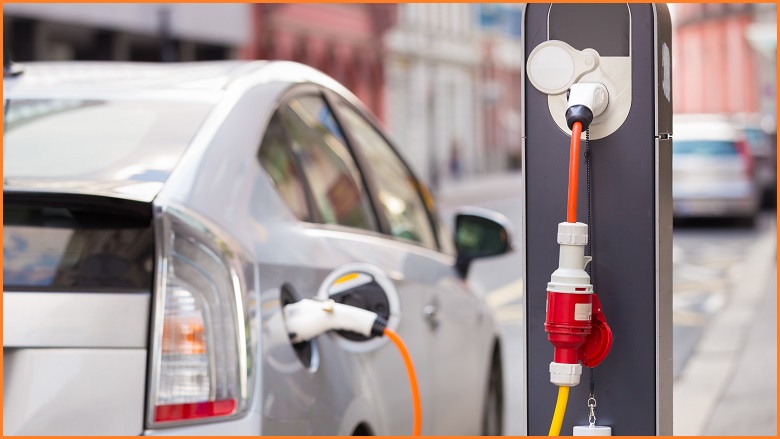Discounts for plug-in hybrid cars will be phased out of the government’s legislation to give tax benefits for electric vehicles (EVs) after a deal was struck with the Greens and independent senator David Pocock.
EVs valued below the luxury car tax threshold were to be exempt from fringe benefits taxes under a legislation put forward as one of the new government’s first actions in July.
The exemptions could functionally provide a discount of around $4,700 for a $50,000 vehicle – like a Nissan Leaf – for people buying a car via a salary sacrifice program, or around $9,000 for employers buying fleet vehicles.
The exemptions will initially apply to three types of low or no emissions vehicles: battery electric, hydrogen fuel cell, and plug-in hybrid.
But, needing crossbench support to pass its bill in the senate, the government made concessions that will see the exemptions for plug-in hybrids sunsetted after 1 April, 2025.
It is, in the scheme of things, a minor change to a bill that, by the government’s own admission, will likely have “only a relatively modest” impact on EV sales Australia.
But for Pocock the amendments demonstrate an ideological need to move away from all types of “legacy fossil fuel technologies”.
“My position is that plug-in-hybrids are a fossil fuel technology that should not be subsidised by taxpayers in this bill,” he said.
“This bill provides tax incentives to mostly wealthier Australians through fleet vehicles, which will create a much-needed second hand EV market in a few years’ time.”
Climate disaster
Increasing the number of electric vehicles on Australian roads will play an important part in reaching the government’s commitment to a 43 per cent reduction in emissions by 2030 before hitting net zero by 2050.
But the effects of climate change are expected to devastate Australia, according to a joint report from national science agency CSIRO and Bureau of Meteorology released on Wednesday.
The State of the Climate 2022 report paints a grim picture of our country in the coming decades as we are projected experience more extremely hot days, longer periods of drought, and rising sea levels – especially on the east coast.
Director of CSIRO’s Climate Science Centre Dr Jaci Brown said the “concentration of greenhouse gases in the atmosphere are continuing to rise” which is causing Australia’s climate to warm.
“The warming of our oceans is contributing to longer and more frequent marine heatwaves, and this trend is expected to continue into the future,” Dr Brown said.
“We’re seeing mass coral bleaching events more often, and this year, for the first time, we’ve seen a mass coral bleaching on the Great Barrier Reef during a La Niña year.”
Oceanographer Professor Trevor McDougall was awarded the Prime Minister’s Prize for Science this week for his work measuring changes in ocean temperatures.
Dr Michael Battaglia, who leads the CSIRO’s Towards Net Zero Mission, said the latest report highlights the need for “urgency” about lowering emissions.
“To do this, we need a combination of existing and new technologies, as well as the means to rapidly embed them into practice,” he said.
“We’re facing significant challenges to support and coordinate the shifts across infrastructure, regulation, skills, technology, finance and investment that is needed for the transition to a low emission economy.”
EV subscriptions
While replacing internal combustion vehicles with electric ones is a technological necessity for fighting climate change, the emerging EV industry is already showing an antipathy towards future consumers.
Mercedes has quietly added a feature to its line of Mercedes EQ cars which will see people paying $1,800 (US$1,200) a year for an “Acceleration Increase” subscription that unlocks power of which the car is already capable.
Feature subscriptions are becoming common for the next generation of cars, much to the chagrin of consumers whose outrage about BMW’s own “functions on demand” earlier this year led to the German automaker publishing a statement defending the software-as-a-service pricing model.
According to BMW, it “gives customers the possibility of adding new software-based functionality and a degree of flexibility in that they will be able to test, and then decide whether or not to purchase a vehicle feature that was not initially available at the time of the original vehicle purchase”.
Pioneering EV company Tesla, as much as it has led the way in proving the viability of electric cars, has also led the way on this with its extra-cost Autopilot feature.
Tesla pushes rolling updates for its cars that sometimes result in mass recalls that need to be fixed with over-the-air updates.










